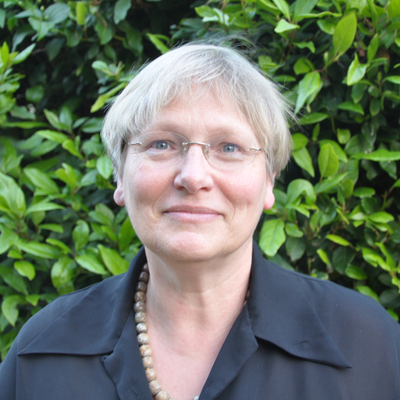
What does theory bring to our understanding of the prehistoric household/house?
In this lecture, I will reflect on houses and households. I use the Bronze Age tell settlement of Szazhalombatta, Hungary, as the grounding for my thinking but find that the core challenges are shared widely irrespective of period and settlement form. In fact, I posit that the similarity of our archaeological interpretations of the households irrespective of their socioeconomic and cultural contexts should be a point of reflection. Are households basically all very similar or do we not apply sufficient sensitivity to their analysis? Reviewing the contributions that recent theoretical approaches make to ‘household archaeology’ and suggesting shortcomings in terms of my Bronze Age tell, I express concerns about the difference between detailed description and the ability to extricate causality, as the former may not lead to ‘knowledge’. In response, I argue for the usefulness of approaches that give greater emphasis to a non-mechanical appreciation of different scales of actions and impacts.
Marie Louise has explored this theme both in relation to gender, to nationalism, and to the recovery of society after conflict. She has also explored the role of memorials as a materialisation of historical positionings and the conflicts that can arise from them. As an extension of her interest in the links between the past and the present, she is currently directing two projects: Yangshao Culture: 100 Year Research History and Heritage Impact, at the University of Cambridge. This project analyses the historiography of the Yangshao Culture and how it has functioned as a heritage icon for the Chinese nation and the Chinese public. The other project (co-directed with C. Evans) is the Cape Verde Archaeological Project which investigates the impacts and further fate of the two foundation settlements on Cape Verde. She is also a co-director of theongoing Szazhalombatta-Foldvar Bronze Age tell excavation, Hungary.
Marie Louise Stig Sørensen
Marie Louise Stig Sørensen, Professor Emerita, was until 2021 Professor of European Prehistory and Heritage Studies at the University of Cambridge. She is now Director of Research at the University of Cambridge.
She has extensive research experience both as a prehistorian and a heritage scholar and has directed fieldwork and excavations in Cape Verde, Denmark, and Hungary. One of her core academic interests is the role of material culture – how objects affect us and are employed in the construction and experience of identity, and especially how this relationship is explored both during periods of social upheavals and as an element of the everyday.
She has published extensively (some four books, 10 edited volumes and more than 140 chapters, journal articles and other pieces of writing. This includes the volumes Gender Archaeology (2000), Heritage Studies: Methods and Approaches (with J. Carman 2009), Creativity in the Bronze Age (with Bender Jørgensen and Sofaer, 2018), Memorials in the Aftermath of Armed Conflict. From History to Heritage (with Viejo Rose, and Filippucci 2019), African Heritage challenges (with B. Baillie 2020), Death and the Body in Bronze Age Europe: From Inhumation to Cremation (with Rebay-Salisbury 2023), Living in a Tell: Memory and Abandonment. Százhalombatta-Földvár Phase I (Late Koszider). (with M. Vicze 2023).
The lecture series celebrates the scholarship of Gutorm Gjessing, renowned archaeologist and anthropologist and Head of the Ethnographic collections for a quarter of a century (1947-73).
.jpg)